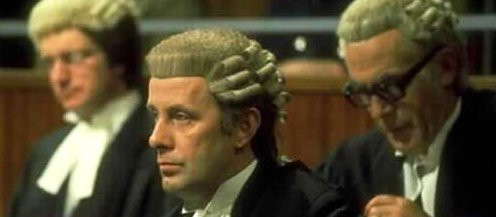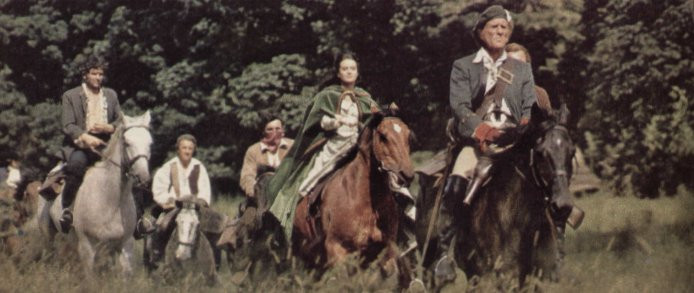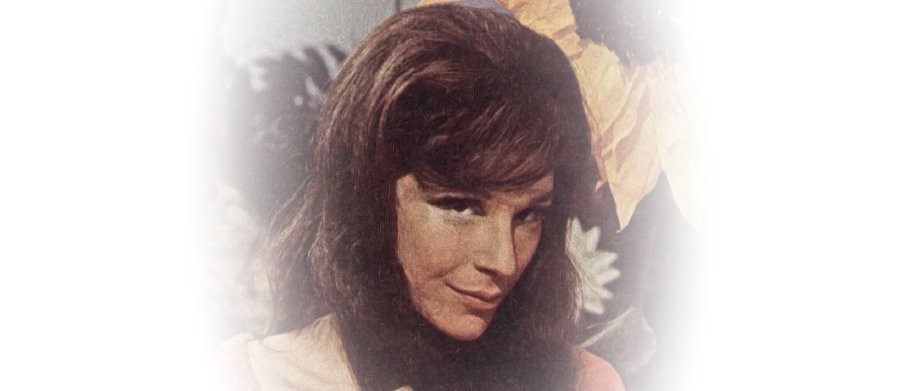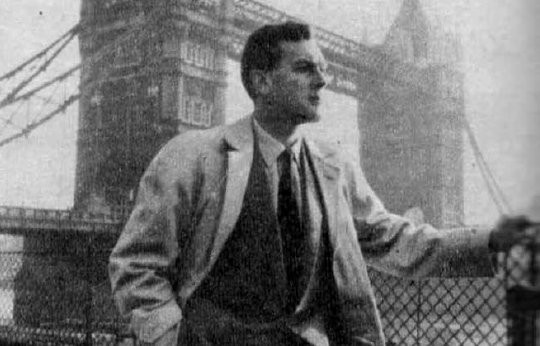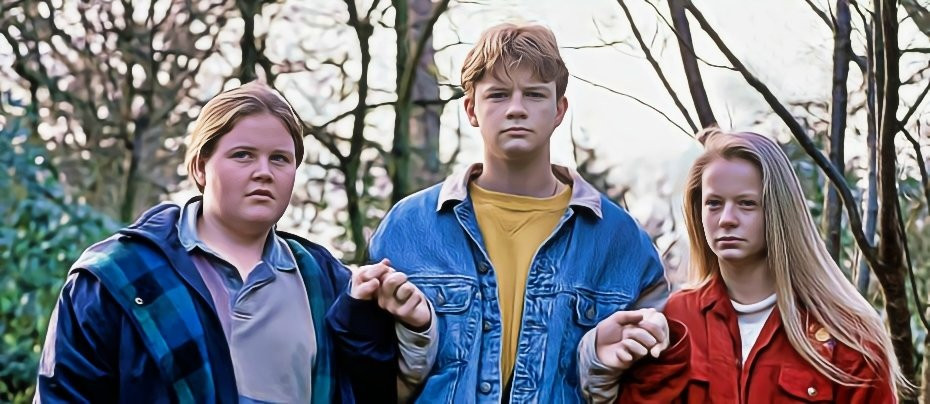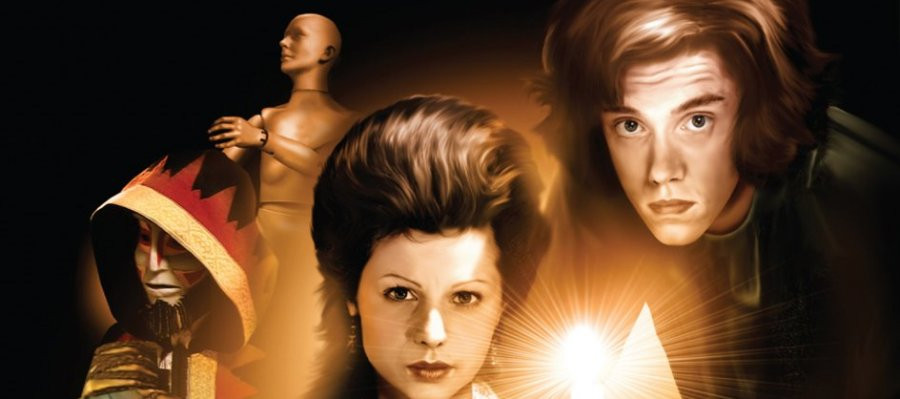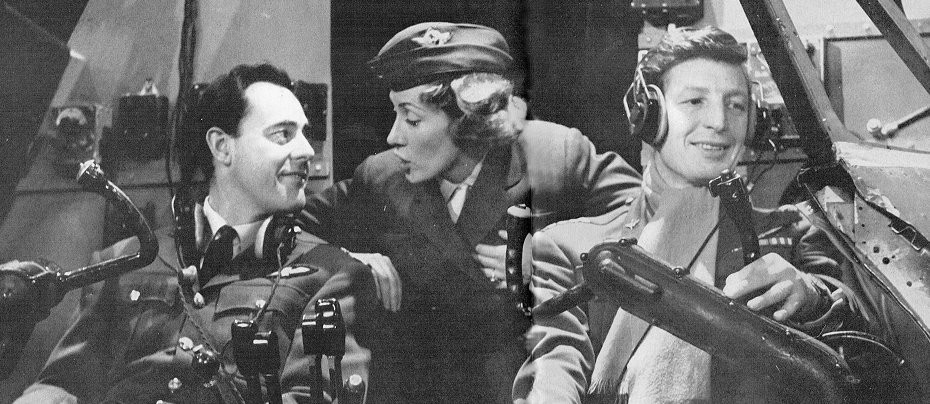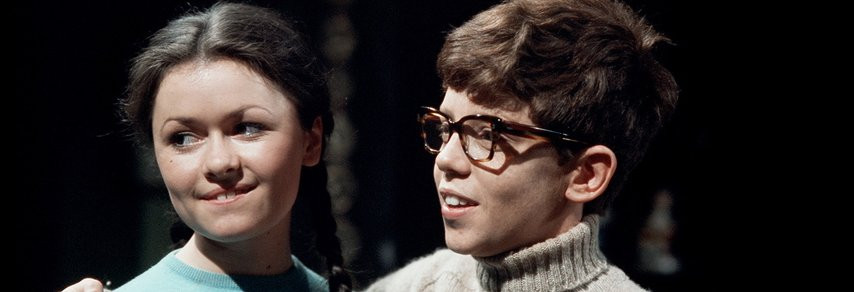
Timeslip
1970 - United Kingdom"In areas where there has been a release of energy, the past may still exist."
In 1970, amidst a television sci-fi landscape dominated by the mighty Doctor Who, ITV took a bold stride into the realm of children’s science fiction with Timeslip — a 26-part serial that defied the expectations of its time slot and audience. Conceived by Ruth Boswell as a mid-week teatime alternative to the BBC’s flagship sci-fi show, Timeslip proved itself not only a credible rival, but arguably the more intellectually ambitious of the two.
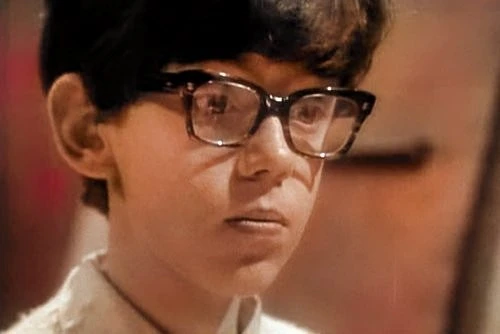
At its heart, Timeslip tells the story of two teenagers — Simon Randall and Liz Skinner — who, whilst holidaying in the coastal village of St. Oswald, stumble across a time barrier near the ruins of an old naval base. What begins as a mystery surrounding the disappearance of a young girl, rapidly evolves into a sophisticated narrative traversing wartime Britain, a dystopian future, a post-climate disaster Britain, and ultimately back to the 1960s. Each era reveals further layers of moral complexity and thematic depth, anchored around the enigmatic figure of Commander Traynor — a man whose motivations seem to shift as freely as time itself.
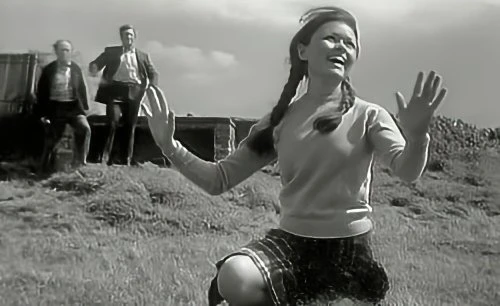
The storytelling is remarkably rich, dealing deftly with the mechanics of time travel and the philosophical consequences of actions across eras. From HA57, a chilling experimental drug developed in the Arctic to extend life, to a future Britain devastated by failed climate control, Timeslip explores ideas typically reserved for adult science fiction. The scriptwriters dared to tackle questions of identity, morality, and scientific ethics, and they did so without condescension to their young audience. The concept of cause and effect, often simplified in children’s narratives, is here treated with a sincerity that remains surprisingly affecting even by today’s standards.
An early stroke of brilliance came with the series’ debut episode, introduced by ITN’s science correspondent Peter Fairley. His presence lent the show an immediate air of scientific credibility, as he laid out the principles of time travel to the programme’s viewers. This opening set the tone: this was no ordinary children's show. It was science fiction with intent.
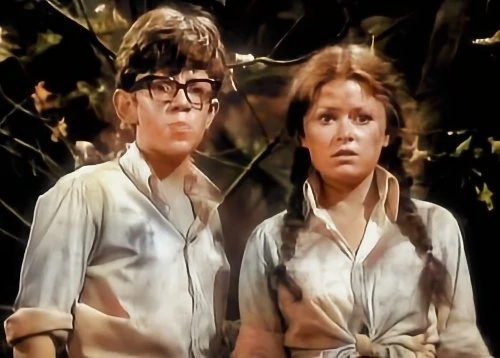
The performances, too, are consistently excellent. Cheryl Burfield and Spencer Banks, as Liz and Simon, bring heart and clarity to what could easily have become bewildering roles. Their naturalistic performances ground the more outlandish elements of the story and allow the emotional stakes to resonate. But it is Denis Quilley who steals the show. As Traynor — or rather, five iterations of him — Quilley delivers a masterclass in ambiguity. His portrayal is at times sympathetic, at others chilling, always layered, and utterly compelling. Rarely has a children’s series offered an adult character of such depth and mystery.
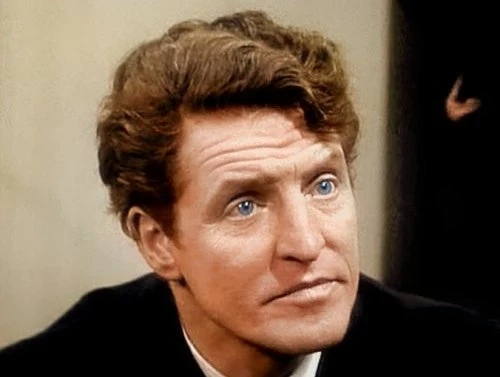
From a production standpoint, Timeslip punched well above its weight. Budget constraints were cleverly overcome through intelligent design choices, location filming, and a tightly structured narrative that eschewed spectacle in favour of atmosphere and ideas. The Arctic station in particular lingers in the memory — bleak, clinical, and menacing — a set-piece worthy of much bigger productions.
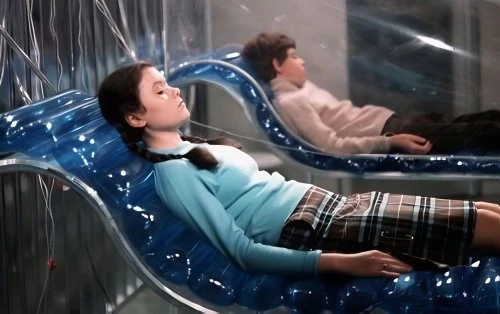
Looking back, Timeslip stands not just as a high watermark for children's television, but as a classic of British science fiction in its own right. Intelligent, unsettling, and far ahead of its time, it offered its young audience no easy answers, only possibilities — and therein lies its enduring strength.
For viewers willing to look beyond the trappings of vintage production and embrace the story’s conceptual richness, Timeslip remains a captivating watch. It is not merely one of the finest children’s sci-fi series of its era — it is one of the finest, full stop.
Seen this show? How do you rate it?
Seen this show? How do you rate it?
Published on May 26th, 2025. Written by Laurence Marcus for Television Heaven.


